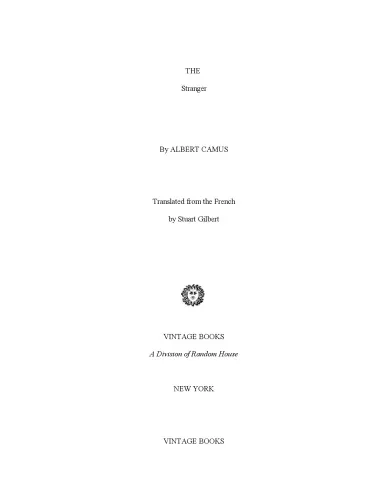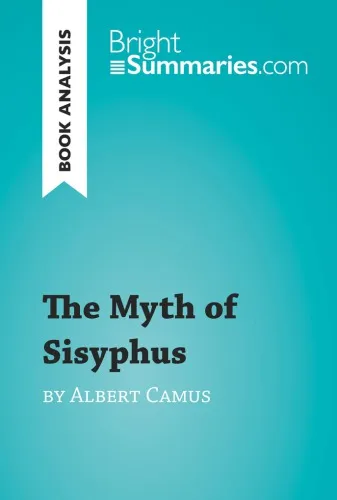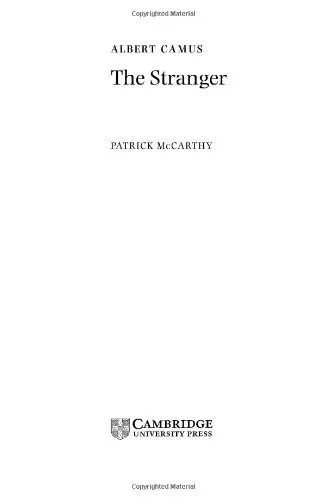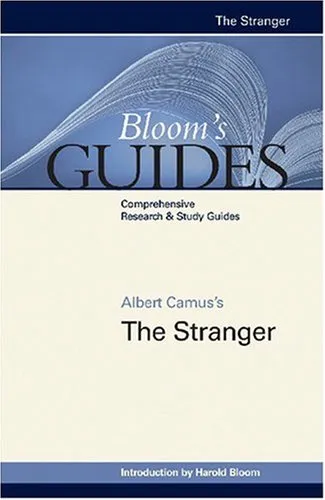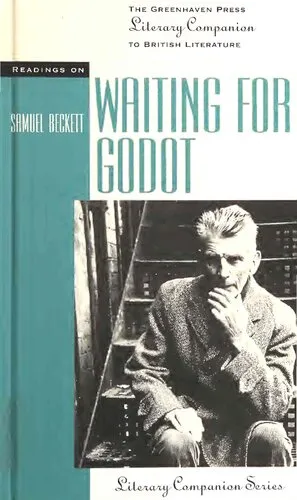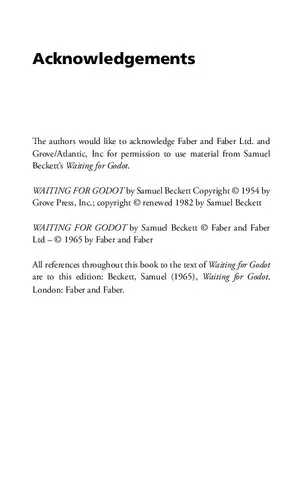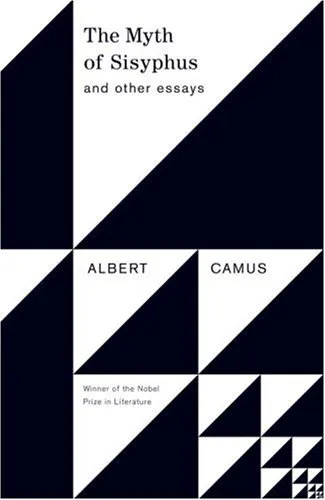The Stranger
4.6
Reviews from our users

You Can Ask your questions from this book's AI after Login
Each download or ask from book AI costs 2 points. To earn more free points, please visit the Points Guide Page and complete some valuable actions.Related Refrences:
Albert Camus' novel, The Stranger, originally published in 1942, is a profound exploration of existentialism, absurdism, and the human condition. This novel continues to provoke thought and evoke deep philosophical discussions, making it a critical piece of 20th-century literature. Below, we delve into a detailed summary, key takeaways, memorable quotes, and discuss why this book's relevance endures.
Detailed Summary
Set in French-Algeria, The Stranger introduces us to the protagonist, Meursault, an indifferent French-Algerian who embodies the concept of the 'absurd' man. The novel opens with the famous line, "Today, Maman died. Or yesterday maybe, I don't know." This line sets the stage for Meursault’s emotional detachment and existential ambiguity. As we follow him through simple yet incisive passages of his life, including his relationship with Marie, a co-worker, and the events leading to the murder of an Arab man, Meursault remains curiously disengaged from the societal norms defining morality and emotion.
The book is divided into two parts. In the first part, we witness Meursault’s mundane life and his failure to express expected social emotions, such as sorrow over his mother's death or love for Marie. The second part of the novel changes drastically in tone when Meursault is imprisoned for the murder. The courtroom scenes reveal society's tendency to impose meaning and rationality, condemning Meursault not so much for the murder but for his failure to display conventional grief and remorse.
Through Meursault's existential reflections during his incarceration, Camus intensely explores the absurd—the conflict between humans' pursuit of significance in a universe that offers none.
Key Takeaways
- The Absurd: Camus illustrates the absurdity of life and the struggle between humans' inherent desire to seek meaning against the silent, indifferent universe.
- Emotion vs. Reason: Meursault’s indifference challenges societal norms regarding the expected emotional responses and rational behavior.
- Societal Judgment: The novel starkly portrays how society judges individuals more for their deviations from norm than their actual actions.
- The Essence of Freedom: Imprisoned physically, Meursault achieves existential freedom by acknowledging and accepting the indifference of the universe.
Famous Quotes from the Book
“I may not have been sure about what really did interest me, but I was absolutely sure about what didn’t.”
“Since we're all going to die, it's obvious that when and how don't matter.”
“I opened myself to the gentle indifference of the world.”
Why This Book Matters
Camus' The Stranger is pivotal for its unflinching look at the absurd as an integral part of the human experience. Its impact lies in its ability to remain relevant by challenging individuals to contemplate deeply on freedom, existence, and the various facets of life and death. Through Meursault's exquisite detachment and ultimate revelation, Camus crafts a narrative that is simple yet profoundly philosophical, encouraging readers even today to examine their views on life, societal expectations, and personal beliefs.
The novel remains a quintessential text in existential literature that dares to question the very foundation of human consciousness and existential purpose. Its beautifully sparse prose, characteristic of Camus' style, allows profound insights without embellishment, making The Stranger a perpetual subject of study and reflection across generations.
Free Direct Download
You Can Download this book after Login
Accessing books through legal platforms and public libraries not only supports the rights of authors and publishers but also contributes to the sustainability of reading culture. Before downloading, please take a moment to consider these options.
Find this book on other platforms:
WorldCat helps you find books in libraries worldwide.
See ratings, reviews, and discussions on Goodreads.
Find and buy rare or used books on AbeBooks.
1395
بازدید4.6
امتیاز0
نظر98%
رضایتReviews:
4.6
Based on 0 users review
Questions & Answers
Ask questions about this book or help others by answering
No questions yet. Be the first to ask!
